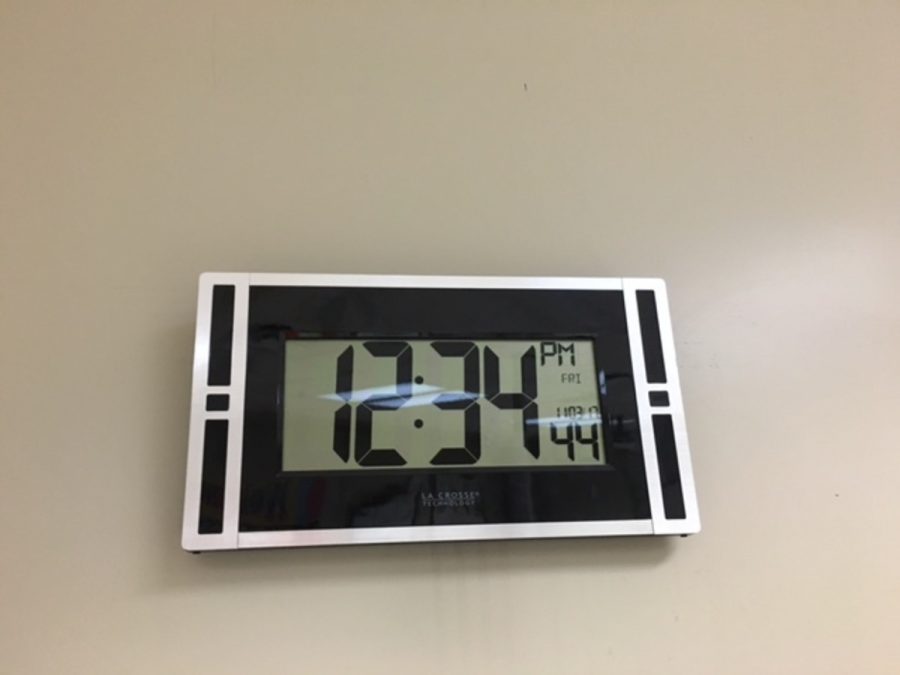Right on time
How to be more efficient after Daylight Saving Time (Nov. 5)
DARKEST BEFORE THE DAWN. Daylight Saving Time starts on Nov. 4, 2017. DST marks a new time to start off strong. “I do not typically feel happy when I wake up to darkness, but with college apps coming up, I need to practice staying productive,” said Nathan Zhang, 12.
1. Wake up and GO.
Being a part of the post-actual-alarm-clock generation, being dependent on phones to wake up in the morning is very common. Oftentimes, this generation is guilty of checking their phones for their morning fill on world and social updates. In order to get a jump start to your day, turn off your alarm, stretch, and hop right out of your bed!
As early as we all wake up, it is unlikely that you will be consciously upset enough to complain about the lack of sunrise anyways.
2. Track your phone usage.
Study after study suggests that people are becoming more and more reliant on their phones. The book ‘The Teenage Brain” highlights technology’s addictive properties to students in particular.
Time tracking apps can help keep you accountable and open your eyes to how much time you truly spend on your phone. Cutting out an hour or two of phone usage can make space in your day for productivity or time to unwind.
“Last year I downloaded an app called ‘Moment’ onto my phone and it truly was a wake-up call. Even now I get notifications when I use my phone for over two hours; by then, I know to put it away,” said Rishav Dasgupta, 12.
3. Start work as soon as possible.
After hours of school and/or extracurriculars, it is reasonable to relax as soon as you get home; however, starting your homework as soon as possible will have your late afternoon self thanking you.
“Knowing that I need at least nine hours of sleep to function properly in class, I started to get into the habit of doing work as soon as I get home. It has really paid off in terms of my efficiency in class and my grades,” said Caitlin Chien, 9.
4. Fully disconnect before laying in bed.
Making an effort to put away devices thirty minutes to an hour before sleeping will allow you to rest easier after a long day. Not only does this relieve some anxiety, it will also help your brain fully recognize that it is time to go to bed.
Since our bodies know to rise when light is present, the artificial light from your device deceives your brain into thinking that you should stay awake. If you are making an attempt to sleep at 10:00 p.m. clutch those full eight hours and unplug completely by around 9:30 for an easier time sleeping.
Your donation will support the student journalists of Sycamore High School. Your contribution will allow us to purchase equipment and cover our annual website hosting costs.







